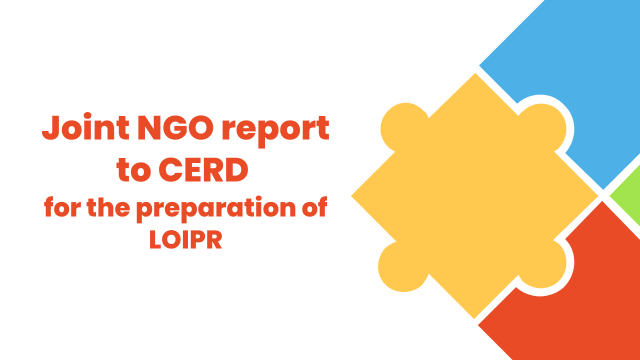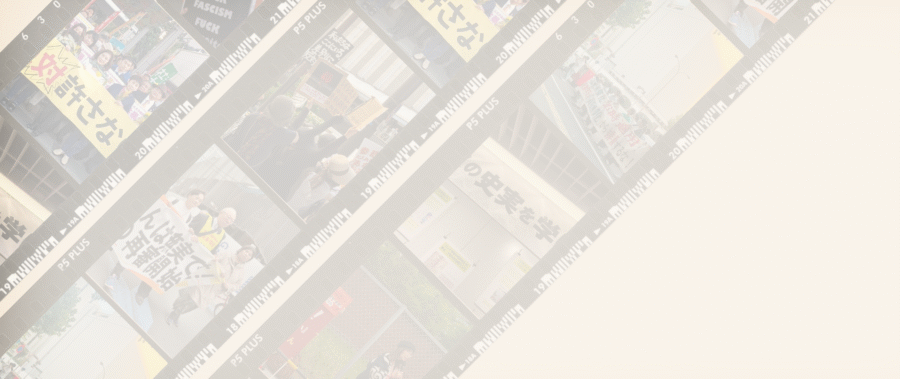Racial discrimination in Brazil (HRC48, 2021, Joint-OS)
October 4, 2021
Together with the Institute on Race, Equality and Human Rights (Race and Equality), the joint oral statement with IMADR and Minority Rights Group International on “Racial discrimination in Brazil” was delivered at the 48th session of the Human Rights Council. Whole text can be read below or download here. ![]()
———
Joint Oral Statement: 48th session of the Human Rights Council – 48th Session
4 October, 2021
Item 9: Interactive Dialogue with the Special Rapporteur on contemporary forms of racism, racial discrimination, xenophobia and related intolerance
Madam President,
We thank the Special Rapporteur for her presentation. We welcome her continuing engagement with the Government of Brazil, civil society and racialised communities for her country visit which has been postponed since November 2020 due to the COVID-19 pandemic.
Meanwhile, in August, the UN Committee on the Elimination of Racial Discrimination (CERD) sent a follow-up letter[1] to Brazil concerning the pandemic and the rights of indigenous peoples and Afro-Brazilians. The Committee inquired about the two violent police operations in the favelas of Rio de Janeiro that ignored the Supreme Court ruling and killed 29 Afro-Brazilians in total. Outcomes of the investigations into the incidents warrant the Special Rapporteur’s attention, including a five-year secrecy measure on documents related to police operations imposed from June 2020.
The rights of Afro-descendent, Afro-LGBTI, quilombola and indigenous peoples have been disproportionately affected during the pandemic. For example, in Sao Paulo, people of colour are 62% more likely to die from COVID-19 than white people[2]. The prevailing inequalities are rooted in the lack of adequate public policies. In addition to the spread of the virus, indigenous and quilombola communities, have been facing the environmental crisis caused by increased deforestation, wildfire and invasion of their territories[3].
In this pre-electoral year, political violence directed at Afro-descendent women and LGBTI+ candidates is a matter of deep concern. Also, religious intolerance and attacks against Afro-Brazilians practicing African religions have increased[4]. This is regarded by the community as another form of racism – “religious racism”.
For these reasons, the Special Rapporteur’s visit is especially important in the present scenario of the country and the Government of Brazil must guarantee her unhindered access to information, places and stakeholders to allow a thorough examination of the state of racial discrimination. We urge the Council to pay close attention to the situation of racialized communities in Brazil.
[1] https://tbinternet.ohchr.org/Treaties/CERD/Shared%20Documents/BRA/INT_CERD_ALE_BRA_9445_E.pdf
[2] https://www.ohchr.org/EN/NewsEvents/Pages/DisplayNews.aspx?NewsID=25916&LangID=E
[3] https://www.ohchr.org/EN/NewsEvents/Pages/DisplayNews.aspx?NewsID=25430&LangID=E
[4] Sources: https://www.brasildefato.com.br/2020/01/21/denuncias-de-intolerancia-religiosa-aumentaram-56-no-brasil-em-2019 ;





